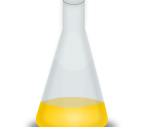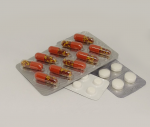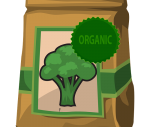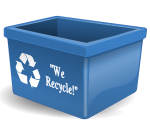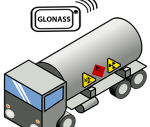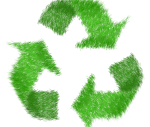EAEU: Phenylacetone must no longer be used in food production
Phenylacetone (CAS 103-79-7) must no longer be used during the production of food flavourings.
The decision of the EAEU Economic Commission Collegiate No. 1 of 16 January 2018 was adopted to this effect. The Decision is to enter into force from the date the relevant amendment to the Technical Regulation on the Safety of Food Additives, Flavourings and Supplemental Technical Devices enters into force.
